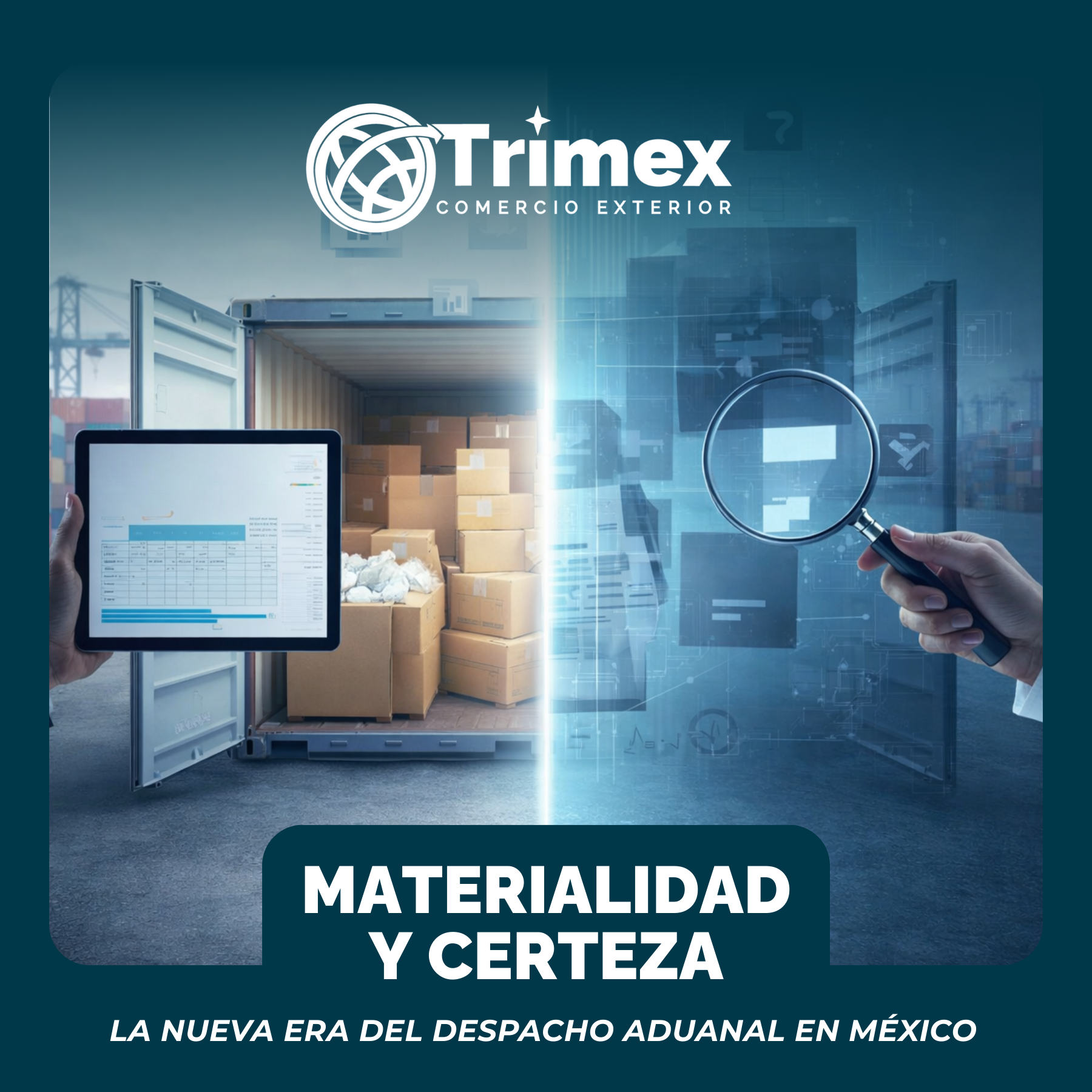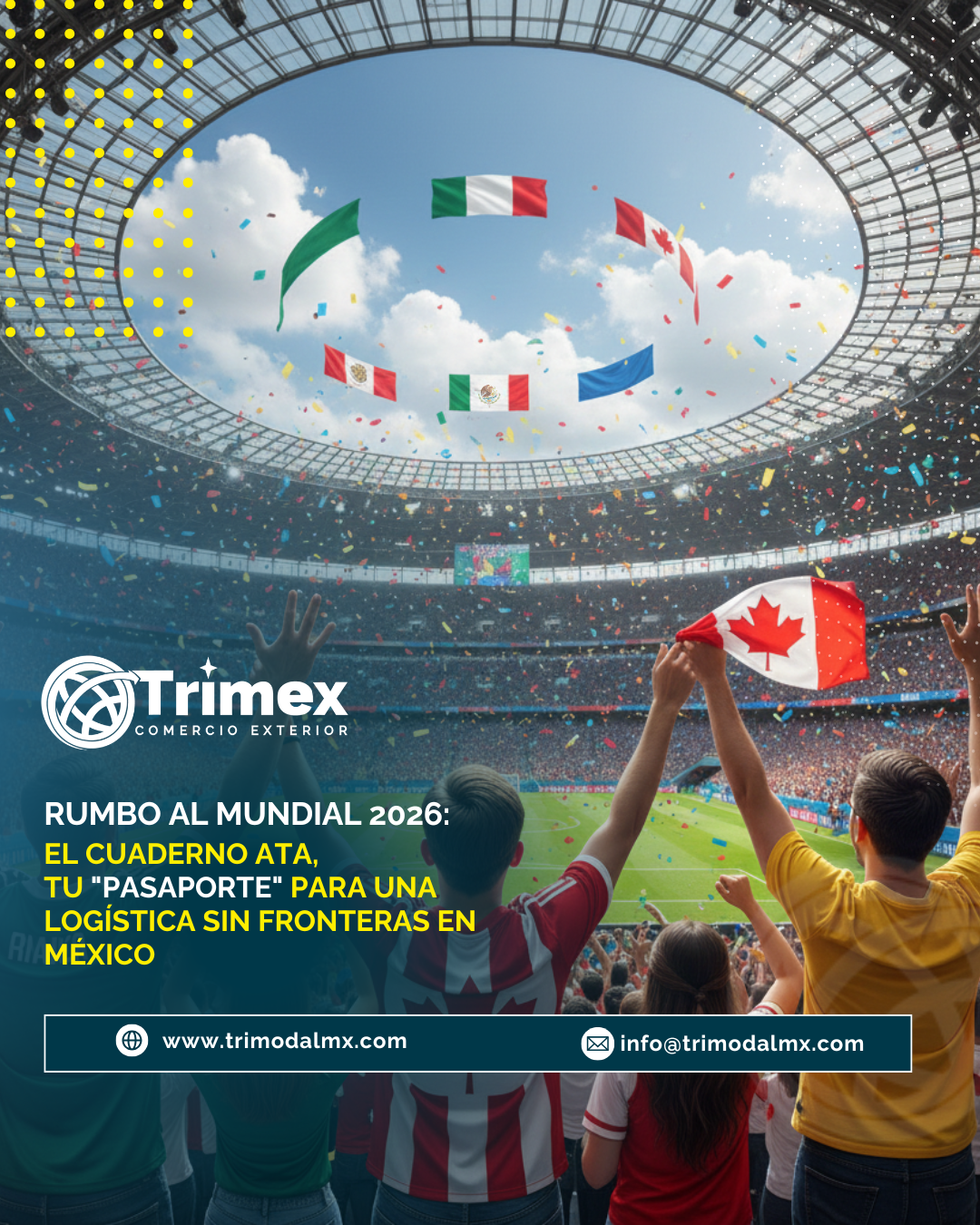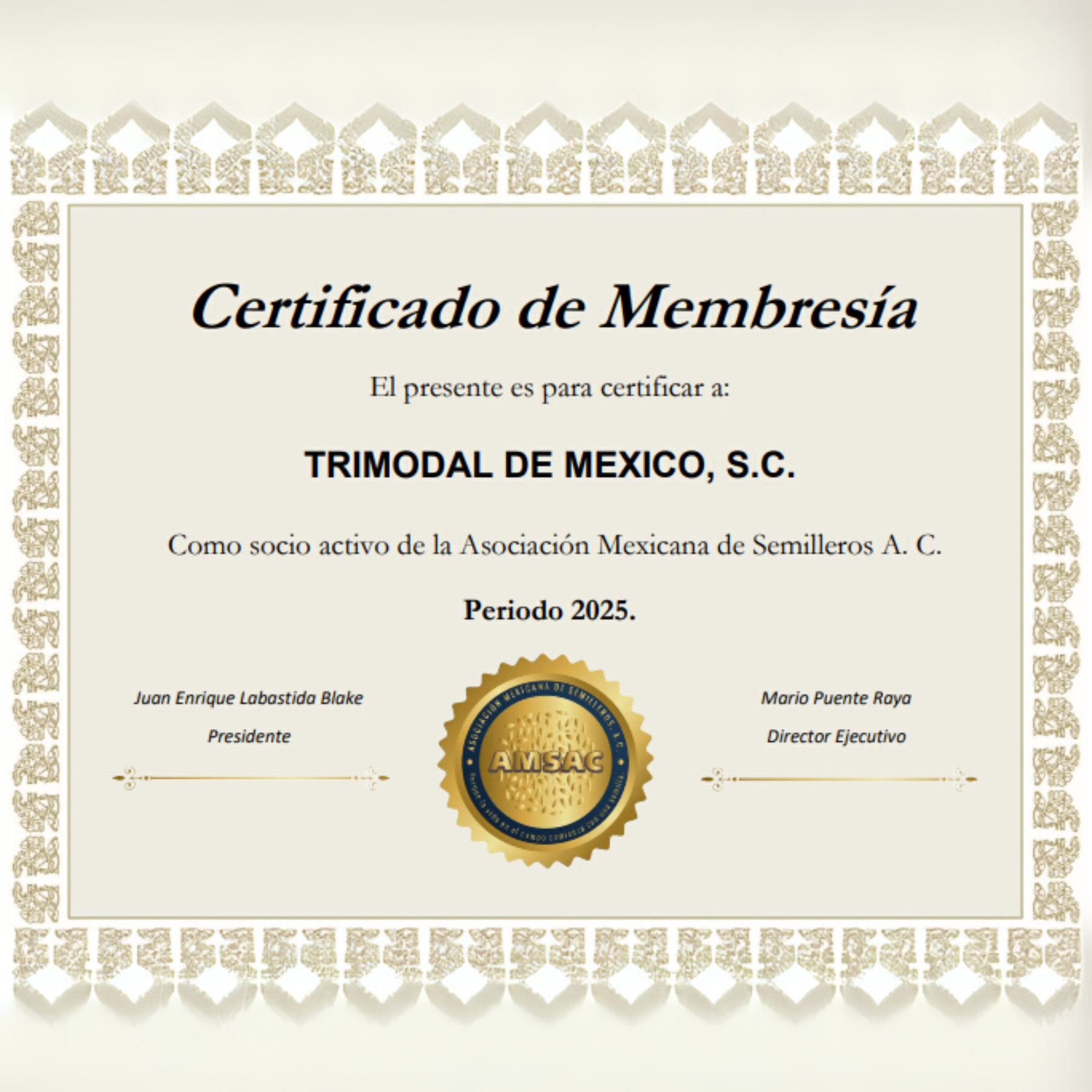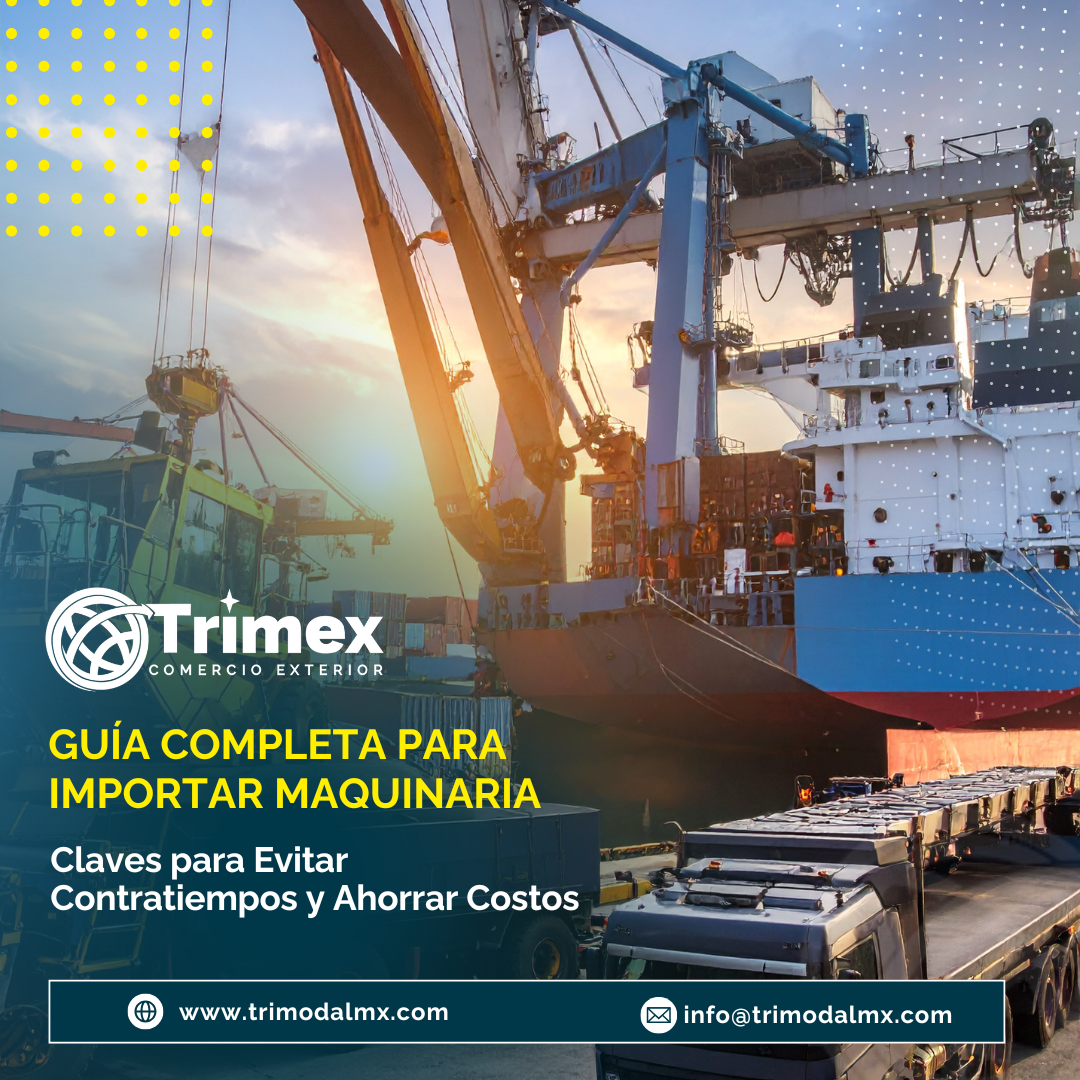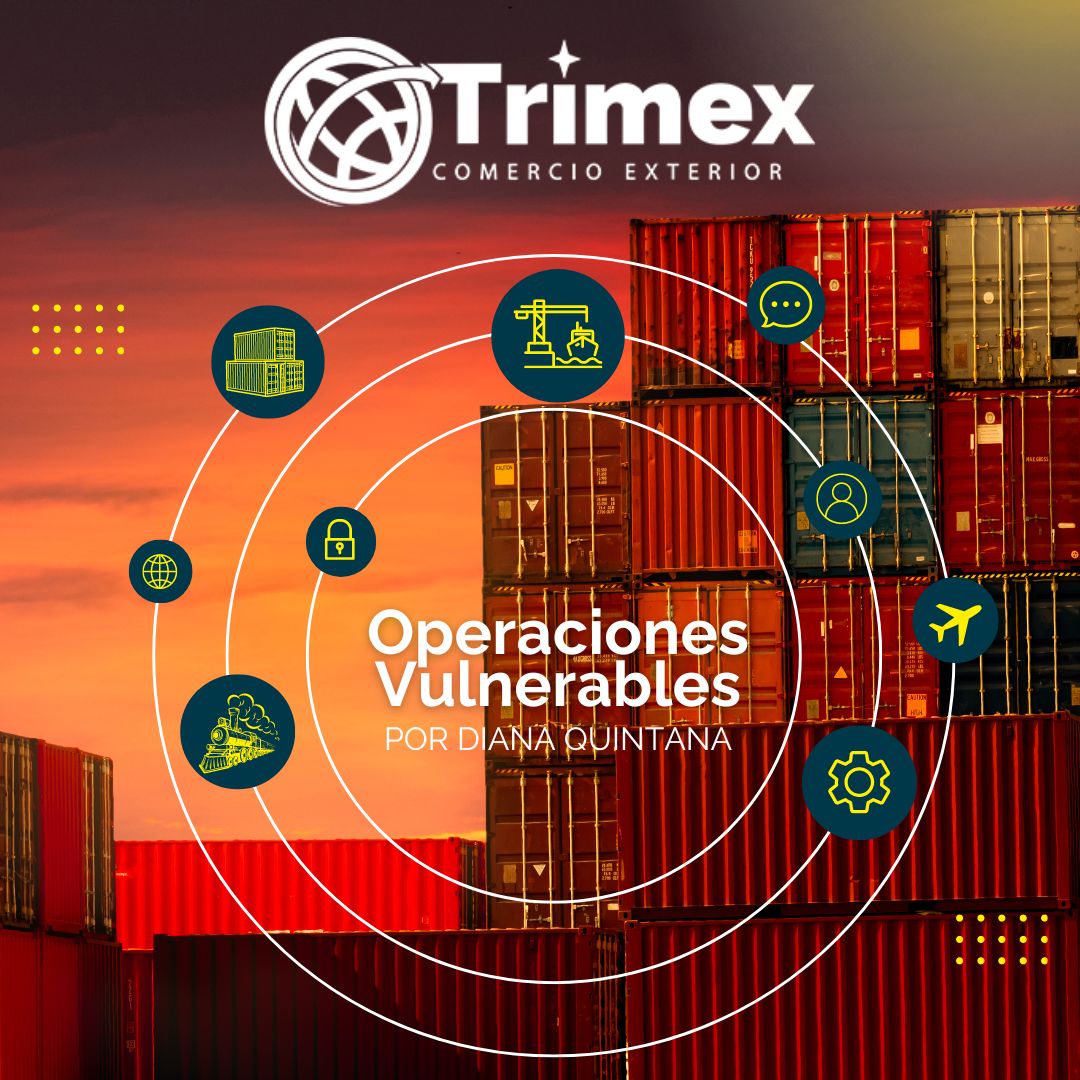Automatic Notices: How to Apply Effectively for the Import of Steel Products
.png)
By Wenceslao Paulo Zárate
In the fast-paced world of international trade, staying up-to-date with non-tariff regulations and compliance is essential for maintaining competitiveness. Importers of steel products understand the importance of planning ahead when applying for Automatic Import Notices, as the process can be both complex and time-consuming. This article offers a comprehensive guide to streamline the application process for Automatic Notices for Steel Products (AAIPS), helping you achieve smooth and efficient operations.
What Are Automatic Notices and Why Are They Important?
Automatic Notices are authorizations issued by the Ministry of Economy, allowing the import or export of specific products, such as steel, under strict regulatory frameworks. These notices provide precise and transparent control over foreign trade operations.
Following the publication in the Official Gazette of the Federation on April 15, 2024, the application process for AAIPS underwent significant changes. The requirements were updated to include more detailed information about the merchandise, including essential documentation such as:
Mill Certificate
The Mill Certificate serves as the “birth certificate” of the metal, issued by the mill that produces the steel. It includes detailed information about the physical and chemical properties of the product. For goods classified under tariff headings 7206 to 7216, 7218 to 7228, and 7304, the submission of this certificate is mandatory when applying for AAIPS. Additionally, the mill must be registered with the Ministry of Economy’s catalog in the Digital Window. If the mill is not listed, you must register it by sending the required form to the email address inscripcion.molinos@economia.gob.mx
Quality Certificate
The Quality Certificate, on the other hand, is issued by the manufacturer who transforms the steel into the final product. This is required for certain manufactured goods, including wires, railroad components, and construction materials classified under headings 7202, 7217, 7229, 7301, 7302, and 7305 to 7317.
What Information Should the Mill and Quality Certificates Include?
- A description of the goods (including dimensions, technical, physical, chemical, and metallurgical specifications) and the casting number.
- The country of origin of the steel (where it was produced, melted, and cast) for the Mill Certificate, or the country of origin of the finished goods for the Quality Certificate.
- Name and contact details (address, country, telephone number, and, where applicable, email) of the steel producer for the Mill Certificate, or the manufacturer for the Quality Certificate.
- Certificate number and date of issue.
- Volume of the goods, expressed in kilograms.
- A handwritten signature (from the representative of the mill or manufacturer), stamp, or QR code from the mill or manufacturer.
It is essential that all this information is included, as any omission could lead to the rejection of your application. Note that these documents do not have to be in Spanish, but if they are not, a complete translation must be attached.
Key Information for an Effective Automatic Notice Application
To ensure a smooth application process for an Automatic Notice at the Digital Window, all necessary information must be provided upfront. This not only speeds up the process but also minimizes the risk of rejection due to incomplete information or discrepancies between the application and the accompanying documents.
Essential Elements:
- Tariff heading and NICO.
- Quantity to be imported, expressed in kilograms.
- Value of the goods in U.S. dollars, excluding freight and insurance.
- Country of origin of the steel and the finished product.
- Exporting country to Mexico.
- Certificate number and date of issue.
- Mill or manufacturer details, including name, address, and contact information.
- Detailed product description: type of steel, dimensions, chemical composition, etc.
Avoid Common Mistakes That Can Delay Your Import Process
At Trimex, we understand that even a small error can have major consequences in international trade. We recommend taking extra care to avoid common mistakes when preparing your documentation, such as:
- Incomplete or incorrect documentation: Ensure the certificate contains all necessary information and corresponds to the correct type of certificate (Mill or Quality).
- Discrepancies in the merchandise: Double-check that the certificate covers all goods being imported.
- Incomplete translations: If the certificate is in a language other than Spanish, a complete translation must be provided in the same format as the original to facilitate review.
Conclusion: Protect Your Operation and Strengthen Your Supply Chain
International trade can be complex, and applying for Automatic Import Notices for steel products might seem daunting. However, by following the correct steps and ensuring that all documentation is accurate and complete, you can avoid unnecessary delays, cost overruns, and complications. Attention to detail—such as alignment between certificates, necessary translations, and correct tariff classification—is key to securing approval for your application.
Moreover, effectively managing these notices not only safeguards your company from potential penalties or delays but also strengthens your supply chain. This allows you to operate efficiently and competitively in the international market. Ensuring regulatory compliance guarantees business continuity while positioning your company as a reliable industry partner capable of meeting the highest standards. Ultimately, careful planning and diligence in these processes fortify your logistics and commercial operations, enabling you to focus on long-term growth and success



